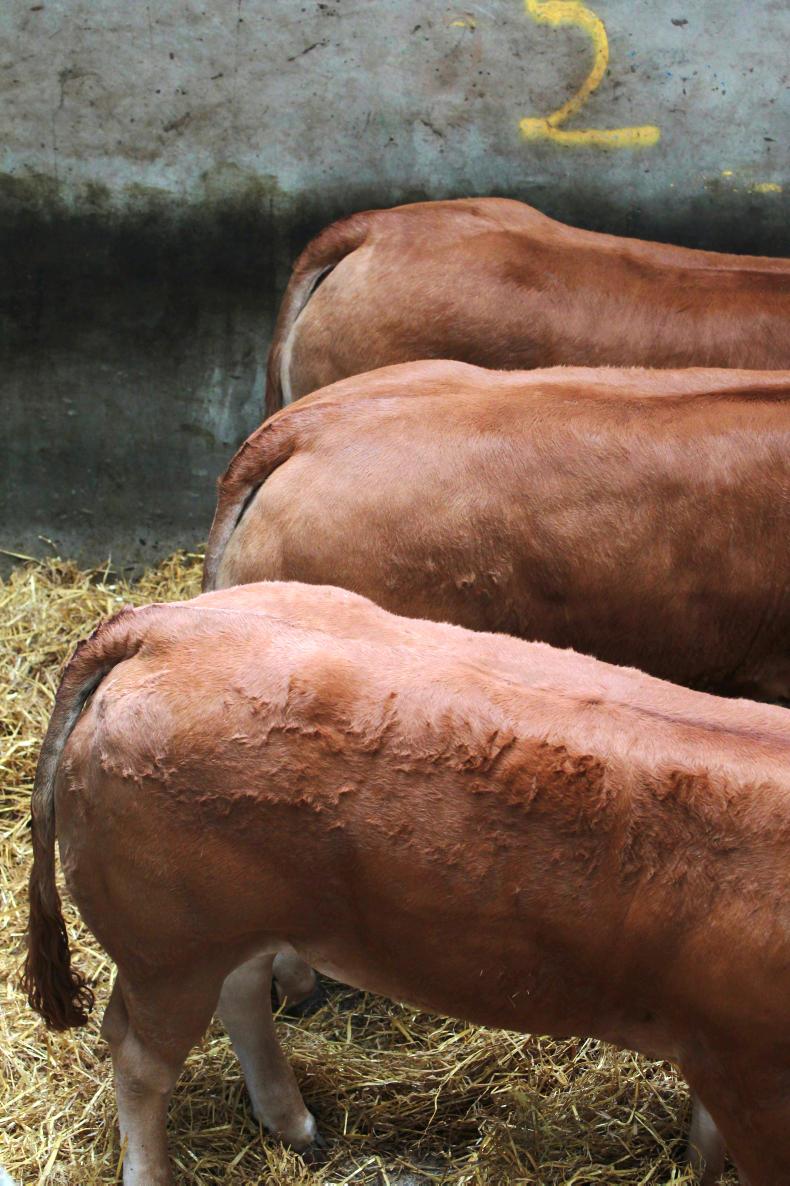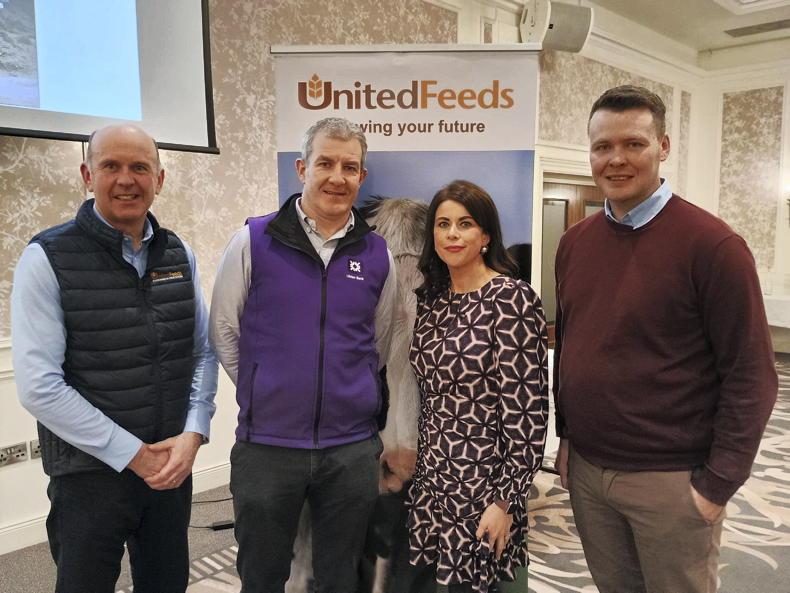Cabinet Secretary for the Rural Economy Fergus Ewing said the promised £160m of convergence money from Westminster will be targeted towards livestock farmers.
Speaking after the latest beef summit on the price crisis, the minister said that a two-phased approach was needed for the beef sector and the “short-term real challenges of falling prices and rising costs; and in the longer-term of questions about consumer demand, along with some attacks on meat and diet”.
The wide range of attendees at the meeting agreed to come up with a “package of measures for a collective effort to secure and sustain the livestock sector over the long term”, according to Ewing.
The minister pointed out why the promised convergence money would be focused on the livestock sector, as these farmers lost out on the cash in the first place.
The beef crisis has also pushed many farmers to reduce their cow numbers.
We’d be losing the countryside that visitors see as one of the main reasons to coming to Scotland
“If it was the case that people simply stopped keeping herds of cattle or flocks of sheep, we would lose grassland, we would lose the carbon stored in the grassland and we would see that land turned over to weeds, nettles and thistles. We’d be losing the countryside that visitors see as one of the main reasons to coming to Scotland,” said Minister Ewing.
Farmers are blaming the processing and retail sectors for not doing enough and making a bigger margin on the beef sold
Frustration from farmers has grown as the price of beef in the shops does not appear to be falling in line with the poorer returns received.
As a result, farmers are blaming the processing and retail sectors for not doing enough and making a bigger margin on the beef sold.
The attendees at the summit included: ABP Perth; Scotbeef; AKS Stoddards; Kepak; Wishaw; Dunbia; Sandyford Abattoir; Woodhead Abattoir; John M Munro Ltd; Millers of Speyside; SAMW; NFUS; SBA; NBA; SAOS; SRUC; Scottish Federation of Meat Traders Association; Scotland Food and Drink; FSS; Scottish retail consortium and The Clearing Banks.
Abattoirs fight back
In response to this, the meat-processing sector’s representative organisation, the Scottish Association of Meat Wholesalers (SAMW) said: “We fully understand the difficulties that producers are enduring, but pointing the finger at processors is wide of the mark and unhelpful to the current situation.
“There are two key elements to delivering good margins for all players in the supply chain: a healthy and consistent demand for red meat from the consumer and decent values for fifth-quarter material to enable carcase balance to be achieved, providing economic stability.
Current statistics from Quality Meat Scotland, for example, show mince sales down by 4.1% from last year’s level and steaks down by 3.4%
“The reality which member companies have faced this year, however, is that while retail prices have remained steady, wholesale prices have not, due the prolonged period of reduced demand from consumers.
“Current statistics from Quality Meat Scotland, for example, show mince sales down by 4.1% from last year’s level and steaks down by 3.4%.
“Businesses have also faced significant reductions over the last 12-18 months in the value of fifth-quarter items, a factor which has contributed heavily to a severe downward pressure on processing margins, with a consequent negative impact on what member companies have been able to pay for stock.
“To be accused of a lack of competition and a lack of promotion at a time when businesses are fighting for market share at home and abroad is very disappointing to hear by a processing sector which has never worked harder to sustain and develop Scotland’s red meat industry.”
Union’s six to fix
Meanwhile, the National Farmers Union Scotland (NFUS) has set out its top-six demands to reverse the decline in beef price:
1. Investment in producer organisations to strengthen the primary producers’ bargaining power by organising supply.
2. Clear origin labelling on processed beef products and in the food service sector.
3. Additional direct support for active beef producers to bridge the gap until the new agricultural policy for Scotland is introduced.
4. Increased investment by Government to help develop new markets for Scotch Beef PGI.
5. A Scottish-first policy for public procurement.
6. Increased recognition of the positive environmental credentials of Scottish beef production.









SHARING OPTIONS